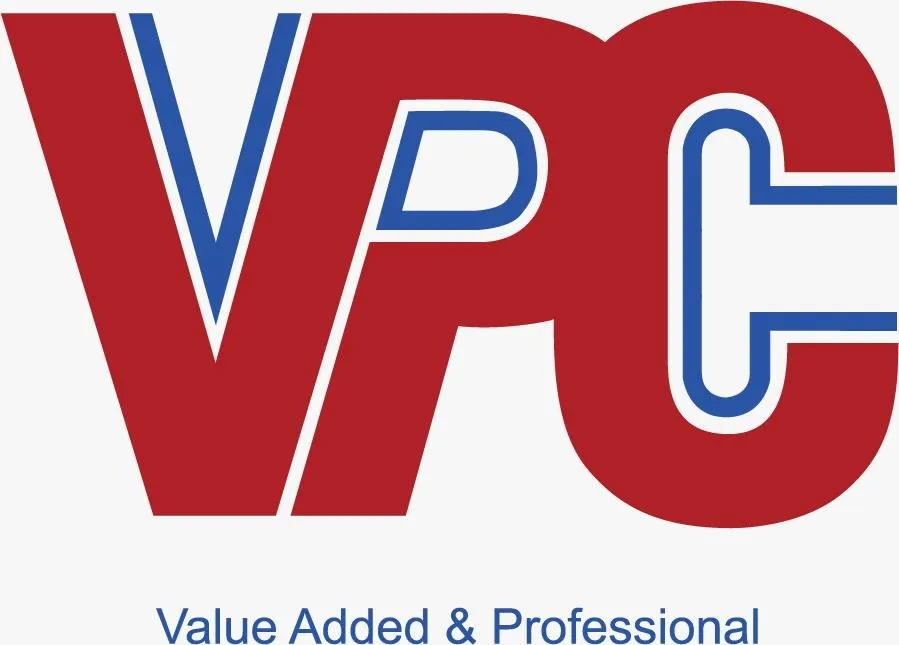Types of Certification
ISO 9001 is an internationally recognized standard for Quality Management Systems (QMS). It provides a framework that organizations can follow to ensure consistent delivery of high-quality products and services that meet customer and regulatory requirements.
Developed by the International Organization for Standardization (ISO), it emphasizes principles such as customer focus, leadership, engagement of people, process approach, and continual improvement.
Benefits of ISO 9001 Certification for Organizations:
Enhanced Credibility and Reputation:
ISO 9001 certification demonstrates your organization’s commitment to quality, enhancing trust and confidence among customers, partners, and stakeholders.
Improved Customer Satisfaction:
By adopting a structured approach to quality management, organizations can consistently meet or exceed customer expectations, leading to higher satisfaction and loyalty.
Operational Efficiency:
ISO 9001 encourages a process-driven approach, helping organizations streamline workflows, reduce inefficiencies, and minimize waste.
Global Market Access:
Being ISO 9001 certified can open doors to international markets, as many clients and partners require or prefer certified suppliers.
Risk Management:
The standard supports identifying potential risks in processes and implementing effective controls, reducing the likelihood of errors and failures.
Continuous Improvement:
ISO 9001 promotes a culture of ongoing improvement, ensuring that processes are regularly reviewed and optimized to adapt to changing market conditions.
Regulatory Compliance:
Certification ensures alignment with relevant legal and regulatory requirements, reducing the risk of non-compliance and associated penalties.
Employee Engagement:
A well-defined QMS provides clear roles, responsibilities, and processes, fostering a sense of accountability and motivation among employees.
With ISO 9001 certification, organizations not only enhance their operational capabilities but also strengthen their competitive edge in the marketplace.
ISO 14001 is an internationally recognized standard for Environmental Management Systems (EMS). It provides a framework for organizations to manage their environmental responsibilities systematically, ensuring they minimize their environmental impact while meeting compliance obligations. The standard emphasizes sustainable practices, pollution prevention, and continual improvement in environmental performance.
Benefits of ISO 14001 Certification for Organizations:
Enhanced Environmental Performance:
Certification ensures the organization adopts practices that minimize waste, reduce emissions, and conserve resources, contributing to a healthier planet.Regulatory Compliance:
ISO 14001 helps organizations stay ahead of environmental regulations and avoid penalties by implementing effective compliance mechanisms.
Improved Reputation and Marketability:
Certification demonstrates an organization’s commitment to sustainability, boosting its reputation among customers, partners, and stakeholders.
Cost Savings:
By promoting efficient resource use and waste reduction, ISO 14001 can help organizations save on energy, materials, and waste management costs.
Risk Management:
The standard provides a systematic approach to identifying and mitigating environmental risks, reducing the potential for environmental incidents and liabilities.
Global Market Access:
Many markets and clients favor or require certified suppliers, making ISO 14001 a valuable credential for global competitiveness.
Employee Engagement:
Involvement in environmental initiatives fosters a sense of pride and responsibility among employees, enhancing workplace morale and productivity.
Sustainable Growth:
ISO 14001 helps organizations align their operations with long-term environmental and business sustainability goals.
Achieving ISO 14001 certification signals an organization’s commitment to environmental stewardship and positions it as a responsible and forward-thinking leader in its industry.
ISO 45001 is the internationally recognized standard for Occupational Health and Safety Management Systems (OH&S). It provides a framework for organizations to proactively improve employee safety, reduce workplace risks, and create better, safer working conditions. Developed by the International Organization for Standardization (ISO), it emphasizes leadership, worker participation, and continual improvement in health and safety performance.
Benefits of ISO 45001 Certification for Organizations:
Enhanced Workplace Safety:
Certification ensures the implementation of robust practices to identify and control health and safety risks, minimizing accidents and incidents.
Regulatory Compliance:
ISO 45001 helps organizations comply with occupational health and safety regulations, reducing the risk of non-compliance penalties and legal issues.
Improved Employee Morale:
By prioritizing worker safety and well-being, organizations foster a culture of trust and engagement, boosting employee satisfaction and retention.
Reduced Costs:
Fewer workplace incidents mean lower costs associated with downtime, workers' compensation claims, insurance premiums, and legal fees.
Increased Productivity:
A safe and healthy work environment reduces absenteeism and enhances workforce productivity, driving overall business performance.
Global Recognition:
ISO 45001 certification demonstrates your commitment to health and safety, enhancing credibility and reputation with customers, partners, and stakeholders worldwide.
Risk Mitigation:
The standard’s framework supports the identification and management of potential hazards, minimizing workplace risks and ensuring preparedness for emergencies.
Continuous Improvement:
ISO 45001 emphasizes regular monitoring and improvement of health and safety systems, keeping organizations aligned with evolving risks and requirements.
By achieving ISO 45001 certification, organizations demonstrate their dedication to the health and safety of their workforce, ensuring a safe, sustainable, and responsible operational environment.
